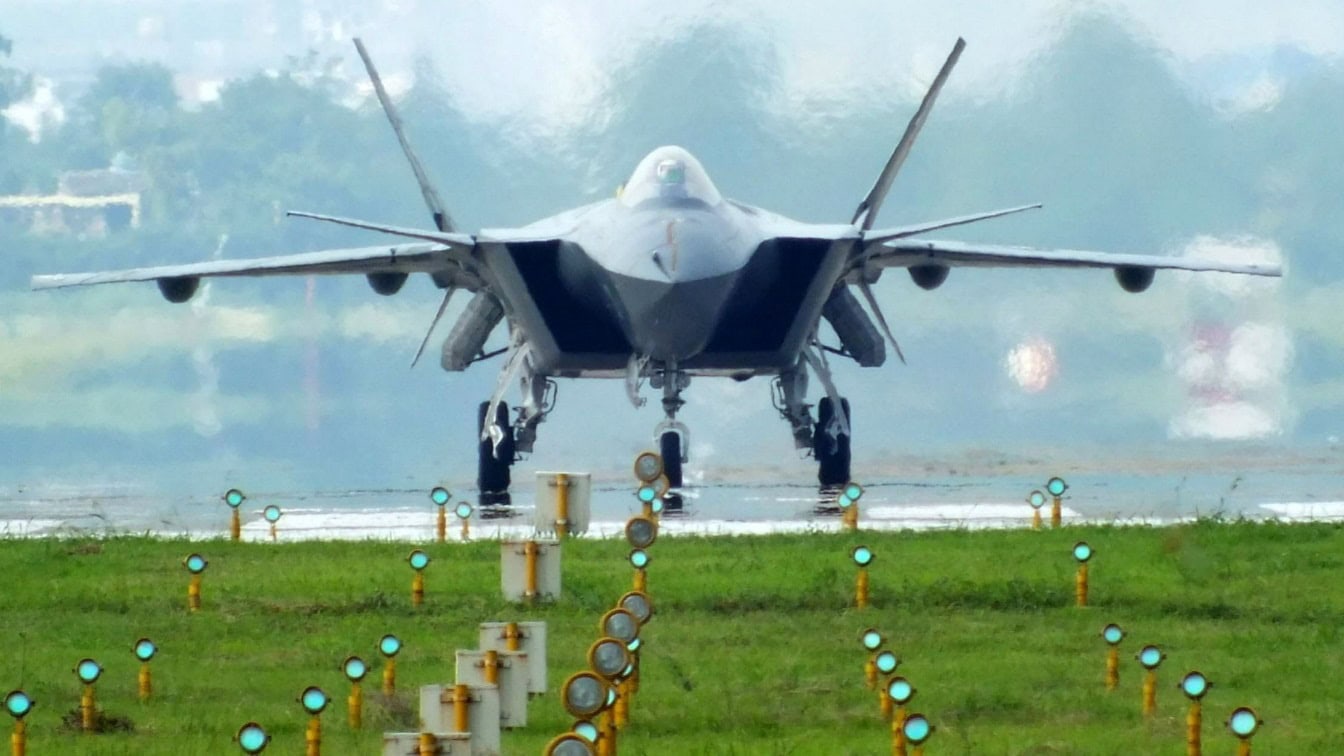China’s property market, which accounts for about 30 percent of China’s gross domestic product (GDP), has been in freefall since the collapse of Evergrande Bank in the Fall of 2021. The fallout from that, as well as the disastrous “Zero COVID” policies of President Xi Jinping, has prompted the largest correction of China’s economy in recent history.
There are now serious discussions among China experts that China is collapsing.
Whether the total collapse of China—a truly nightmare scenario—or something less destabilizing occurs, it’s important to understand how a collapsing China could negatively impact the world.
The first thing to remember is that China is a 4,000-year-old country. It has endured countless regime changes before. China has been invaded, colonized, and reconstituted over that period of time. In fact, China was enmeshed in a lawless warlord era for the first few decades of the twentieth century, following the collapse of the Qing Dynasty. Ultimately, Mao Zedong’s Communist Party took power and effectively created a new dynasty.
When Mao died and was succeeded by Deng Xiaoping, the ideological underpinnings of the Chinese Communist Party (CCP) were weakened. Deng prioritized the embrace of the capitalist West and the remaking of the Chinese economy from a purely Marxist structure to a state capitalist model.
This model has been the engine of China’s historic growth over the last 40 years.
China’s State Capitalist Model: Part Strength, Part Weakness
Yet, that highly centralized model is susceptible to collapse. Whereas the American economy – until very recently – was highly decentralized, and risk was spread out, China’s economy, while being more decentralized than it was under Mao, is still far more centralized today than Western economies.
That means when there are economic headwinds afflicting the nation, as there always are in any country, political stability is threatened.
In the case of China, a country with a large, and growing, nuclear weapons capability – as well as other forms of weapons of mass destruction – instability is very bad.
China’s current ruler, the autocratic President Xi Jinping, has taken more power for himself than any Chinese leader since Mao. Under these conditions, he gets all the credit when things go well.
When they go badly, as they have in China since 2019, Xi gets the blame. In turn, Xi has had to increase his political power even more to prevent himself from being overthrown.
To distract his people from his own failures, then, Xi is increasingly belligerent with his neighbors—especially Taiwan. It is logical to assume that the more the Chinese economy collapses, the more likely it is that China will risk war with its neighbors.
Beyond that, though, if things get really bad in China for Xi Jinping, he could be ousted by a rival cadre of CCP leaders.
This could mean a far more competent Chinese Communist leader takes charge.
Or, as happened at the end of the Qing Dynasty, various factions could arise following Xi’s ouster, basically creating a multi-sided civil war. Now, imagine China’s disastrous Warlord Period, but with nukes and a whole arsenal of WMDs on the loose.
That could be more dangerous for the United States than whatever it faces from the current regime in China.
China’s New Warlord Era
A total collapse of China in the near term, even with many Western firms reducing their exposure to China’s economy, would also collapse the global economy. It would precipitate the largest global recession—possibly even a depression—in decades.
Everything would be affected, too, since so many essential products come from Chinese factories, which would shut down during any possible Chinese regime collapse. After all, it has been estimated that $560 billion worth of products come from China annually.
Want antibiotics? Good luck.
And that’s just the tip of the trade spear.
The Trump Administration rightly attempted to reduce America’s reliance on China for trade goods, precisely because of the instability inherent in the Chinese Communist system. Yet, America’s self-described elite refused to countenance any changes to the U.S.-China trade relationship.
Because of that intransigence, should China’s house of cards economy truly collapse, the American people will be severely harmed.
No One is Prepared in Washington
Regardless, U.S. strategists need to be prepared for the real possibility that China’s economic collapse will yield an even bigger political implosion. That, in turn, could lead to the balkanization of China—at least for a period of time, as what happened during the Warlord Era in the early twentieth century.
And this time, with so many advanced weapons systems lying around for China’s new would-be warlords to lay claim to, the United States might find itself in the crosshairs of any of these well-armed, uninhibited post-CCP warlords.
No one in the Pentagon is planning for these contingencies. While there’s still a wide chasm between that eventuality and what’s happening in China now, there exists today, with events happening as they are in China, the greater possibility that such a maw will soon be bridged. China could implode.
Then what?
A 19FortyFive Senior Editor, Brandon J. Weichert is a former Congressional staffer and geopolitical analyst who is a contributor at The Washington Times, as well as at the Asia Times. He is the author of Winning Space: How America Remains a Superpower (Republic Book Publishers), Biohacked: China’s Race to Control Life (Encounter Books), and The Shadow War: Iran’s Quest for Supremacy (July 23). Weichert occasionally serves as a Subject Matter Expert for various organizations, including the Department of Defense. He can be followed via Twitter @WeTheBrandon.

